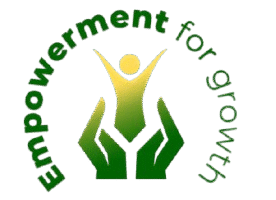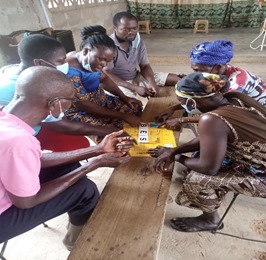SUSTAINABLE ENVIRONMENTAL MANAGEMENT PRACTICES
Environment refers to the surroundings in which life exists on earth and consists of components like animals, humans, sunlight, water, trees, and air, constituting the living and non-living components. These components of the environment occupy different ecosystems and are deeply connected, and human beings depend on them for survival, be it food production, housing or health needs. Protecting our environment is the foundation for sustaining our planet, community, and economy. Therefore, all community members must strive to live sustainably and protect it.
Ghana is currently facing several existential environmental challenges that require urgent attention. These include unstainable disposal of solid waste and non-biodegradable plastics, land degradation driven largely by illegal small-scale mining activities, also known in local parlance as ‘Galamsay”, deforestation and biodiversity loss due to agricultural activities and urbanization, as well as the effects of climate change such as droughts, extremely high ambient temperatures, and floods. These environmental threats are being addressed through a combination of government, private sector, community and civil society initiatives. These include the implementation of a new legislation (Environmental Protection Act 2025 (Act 1124), promotion of environmental action plans and sustainable farming practices, and advocacy on environmental threats by Civil Society organizations. Notwithstanding the fact that these initiatives are making marginal gains, if Ghana is to make significant progress on this front, then much more resources must be committed to the fight. Furthermore, government, local communities and civil society partnerships need to be at the center of the fight for the preservation of the environment in the country.





